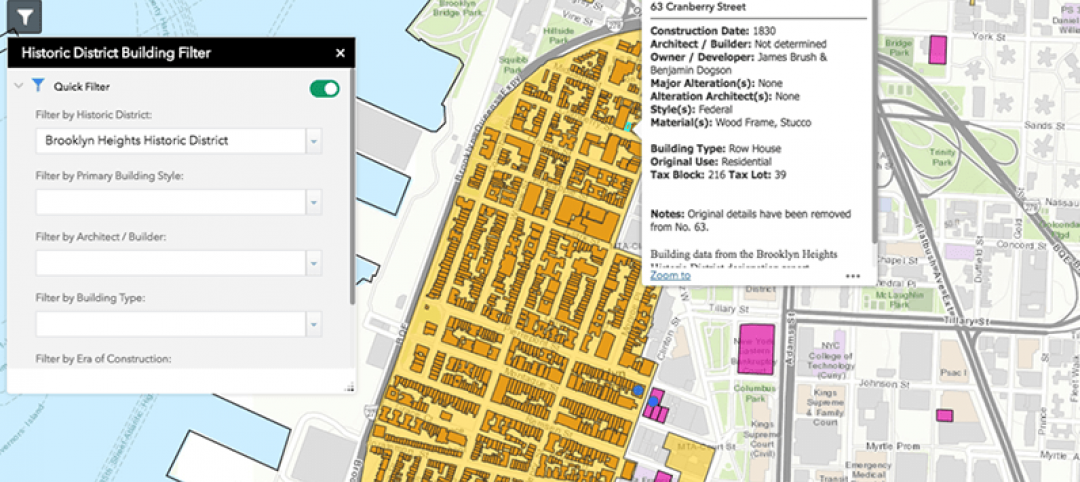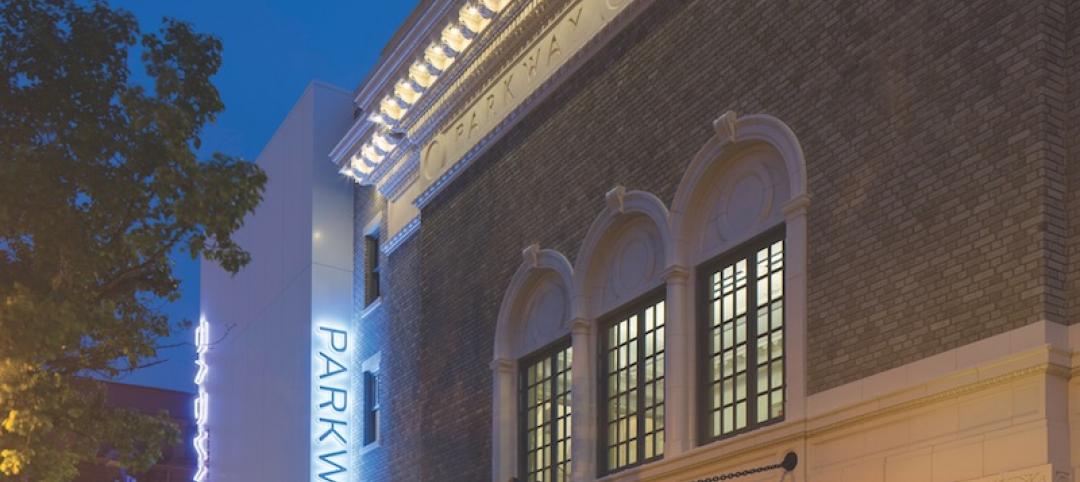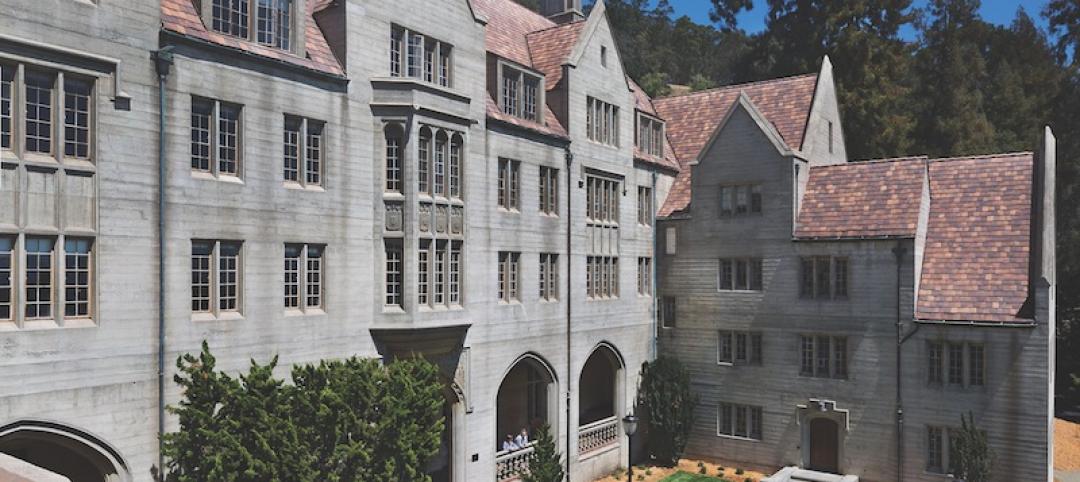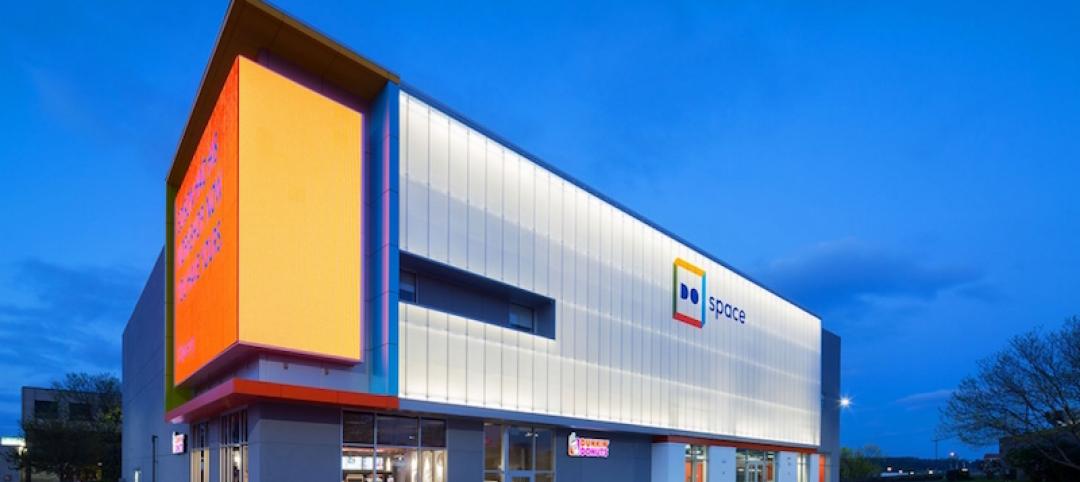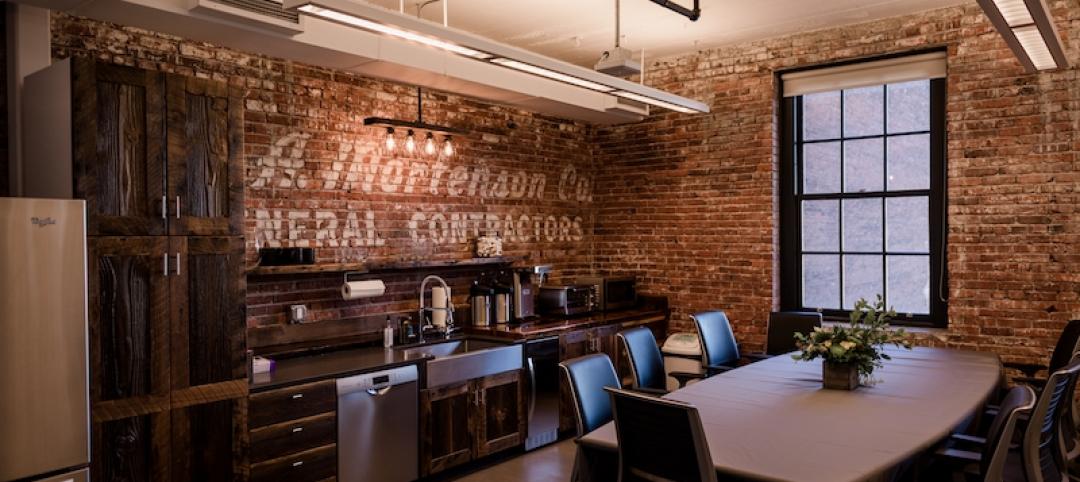Ameresco, a Massachusetts-based cleantech integrator and renewable energy owner and operator, has been working with the City of Boulder, Colo., on the company’s first sustainable deconstruction project, a demolition of the municipality’s former Boulder Community Health Hospital, which had been closed since April 2019.
Boulder has set a target to divert 85 percent of the city’s waste away from landfills by 2025. The former hospital’s deconstructed building materials, and specifically its structural steel, will be used to construct a new fire station and other projects within the city. The firehouse, to be located at 30th and Valmont in Boulder, is scheduled to open in mid-2024. During an early deconstruction phase, the hospital’s pumps, motors, doors, and fixtures, as well as other materials, were auctioned rather than dumped into landfills.
The 250,000-sf hospital’s demolition occurred in two phases, says Rob Sevier, Ameresco’s Senior Account Executive in Denver: the interior demo began in 2019, was slowed because of COVID, and was completed last year. The exterior demo—which includes removing the hospital’s concrete floors, steel, and exteriors—required new permits before it was started last March. Sevier says the deconstruction should be completed sometime this fall.
“This deconstruction project is an important foundational example of innovative sustainability for the communities where we live and work,” said Louis Maltezos, Ameresco’s Executive Vice President, in a prepared statement. Based in Chicago, Maltezos oversees the company’s activities in the central U.S. and in Canada.
The cost of the demolition, and how much of that cost is expected to be recouped by reusing or reselling materials and equipment from the deconstruction, were not available at presstime, according to an Ameresco spokesperson.
Mandate calls for dramatic reuse
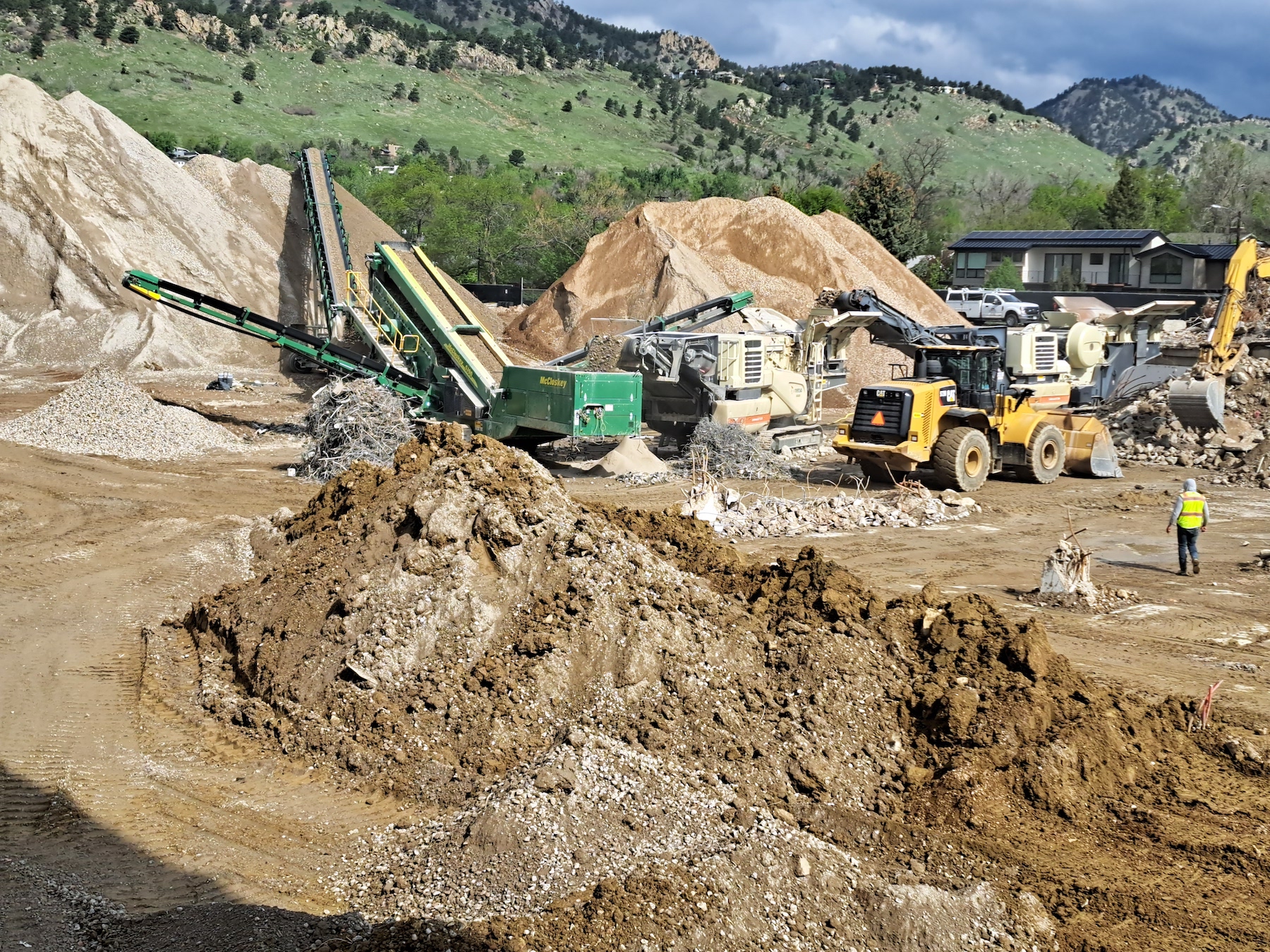
In July 2020, Boulder passed a deconstruction ordinance that covers both residential and commercial properties and requires that at least 75 percent by weight of building materials generated from deconstruction must be recycled, reused or go for organics management. Demolition permits now also require a refundable deconstruction deposit of $1 per sf of the structure, with a $1,500 minimum.
Concerning the hospital demo project, Mike White, who works for Ameresco in Boulder, told Aspen Public Radio that “this project is all about reusing, and that’s the key word, reuse versus recycle.”
He said the building’s mortar, brick and concrete are getting crushed into construction grade, compacted, and reused to fill the hole left by the hospital demo. (The site is being redeveloped for affordable housing.) Right now, steel removed from the hospital is being stored onsite, but Sevier says Ameresco and the city will need to find a warehouse once the housing construction gets underway. “It’s also my understanding that Boulder wants to use this steel for other projects,” he says.
The hospital deconstruction contributes to the city’s Circular Boulder program that keeps materials out of landfills and in use as much as possible. “This growing area of work moves beyond recycling and composting to focus on preventing waste and pollution in the first place. It explores innovative ways to curb Boulder’s collective consumption through reuse and repair.”
Along with its waste reduction goals, Boulder is also striving for carbon neutrality by 2035.
Sevier says that reusing the hospital’s steel required having a structural engineer sign off on the materials’ integrity. There was also an extensive permitting process, and safety plans that included asbestos remediation. But that effort was worth it, he says, because “when we can reuse something, we’re also avoiding the impact of generating something new.”
Ameresco isn’t actively looking for other sustainable deconstruction opportunities. The company has had a longstanding business relationship with the City of Boulder, which Sevier points out is more environmentally progressive than most other metros. But the company’s M.O., says its director of marketing and public relations Rhea Hickok, “is to do what makes sense for our customers.” In the future, that is likely to mean “how sustainability fits in,” she says.
Related Stories
Reconstruction & Renovation | Jan 23, 2018
New co-working space will focus on serving local, African-American youth in Miami
The new space has been dubbed ‘Tribe.’
Reconstruction & Renovation | Jan 15, 2018
Less is more for this D.C. law firm’s renovation
The renovation will consolidate the firm from six offices to five.
Reconstruction & Renovation | Dec 21, 2017
Interactive map includes detailed information on historic New York City buildings
The New York City Landmarks Preservation Commission launched a new, enhanced version of its interactive map, Discover NYC Landmarks.
Reconstruction Awards | Dec 1, 2017
Rescue mission: Historic movie palace is now the centerpiece of Baltimore’s burgeoning arts hub
In restoring the theater, the design team employed what it calls a “rescued ruin” preservation approach.
Reconstruction Awards | Dec 1, 2017
Gothic revival: The nation’s first residential college is meticulously restored
This project involved the renovation and restoration of the 57,000-sf hall, and the construction of a 4,200-sf addition.
Reconstruction Awards | Dec 1, 2017
Rockefeller remake: Iconic New York tower is modernized for its next life
To make way for new ground-floor retail and a more dramatic entrance and lobby, the team removed four columns at the ground floor.
Office Buildings | Dec 1, 2017
Telecommunications company’s remodeled headquarters makes use of its unique H shape
lauckgroup designed the new headquarters space.
Reconstruction Awards | Nov 29, 2017
Amazing grace: Renovation turns a church into elegant condos
The windows became The Sanctuary’s chief sales edge.
Giants 400 | Oct 30, 2017
Rewriting history: Legacy building conversions spur redevelopment in America’s older cities
Businesses, developers, and civic leaders are repurposing existing structures to celebrate history, attract tenants, and serve as a catalyst for future development.
Giants 400 | Oct 26, 2017
Top 115 reconstruction construction firms
Gilbane Building Co., Structure Tone, and Turner Construction Co. top BD+C’s ranking of the nation’s largest reconstruction sector contractors and construction management firms, as reported in the 2017 Giants 300 Report.



